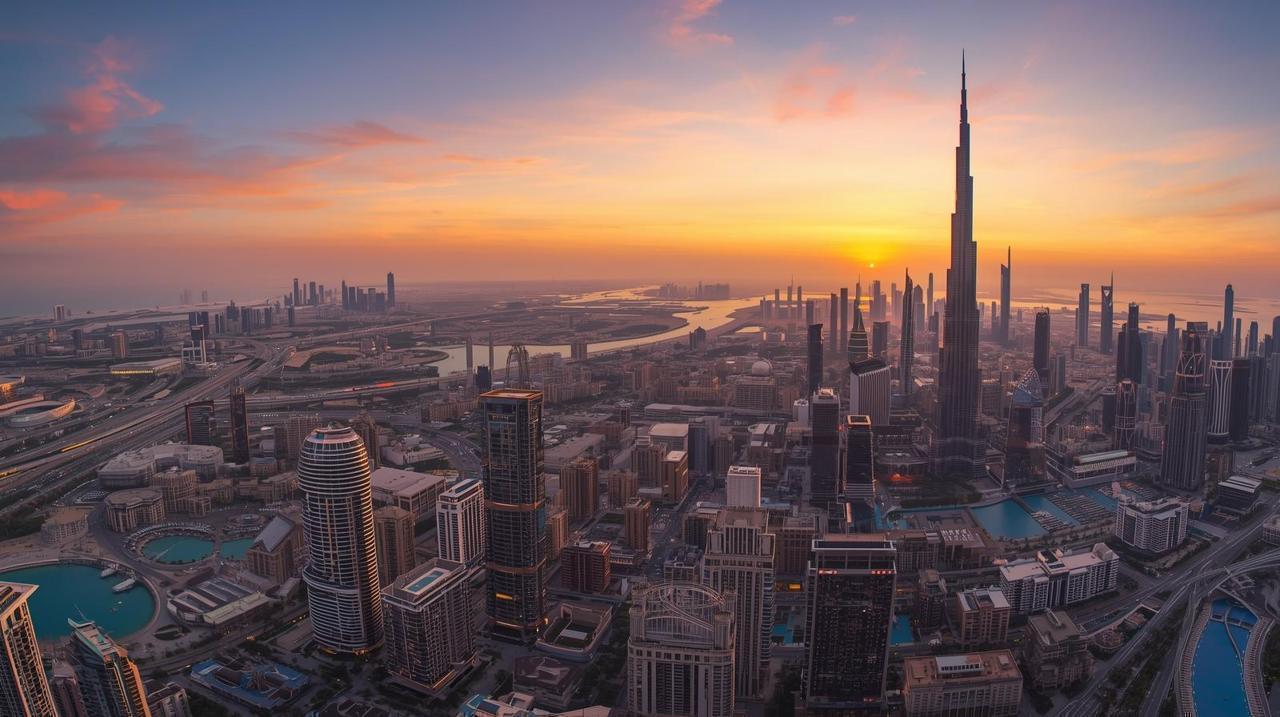
Post by : Avinab Raana
In just a few years, Dubai has transformed into a global hub for innovation and smart mobility. What was once a car-dependent city is now rapidly embracing electric vehicles, autonomous transport, flying taxis, and sustainable mobility startups. With visionary leadership, world-class infrastructure, and strong investor support, Dubai is positioning itself as the launchpad for mobility startups shaping the future of transportation.
The rise of mobility startups in Dubai is not accidental—it’s the result of a strategic vision set by the UAE government.
Under the Dubai 2040 Urban Master Plan and Dubai Smart Mobility Strategy, the city aims to make 25% of all trips smart and driverless by 2030. This ambitious target has opened massive opportunities for startups in electric vehicles (EVs), autonomous technology, and last-mile logistics.
Additionally, the Dubai Silicon Oasis, Dubai Future Foundation, and Roads and Transport Authority (RTA) have all launched programs to incubate and fund mobility-focused startups, turning the city into a living testbed for transport innovation.
Dubai’s strength lies in its ability to test and implement new technologies quickly. The city’s regulators are known for their proactive approach—offering flexible frameworks that allow startups to experiment safely while maintaining compliance.
For instance:
RTA and Careem collaborated to test autonomous ride-hailing vehicles.
Dubai Future Accelerators connected startups directly with government entities to pilot drone delivery systems and smart traffic solutions.
The EV Green Charger Initiative by DEWA has accelerated the adoption of electric mobility infrastructure across the city.
Such collaborations make Dubai one of the few cities where startups can go from prototype to deployment within months, not years.
Dubai’s position as a global logistics and trade hub gives mobility startups an immediate advantage. With ultra-modern roads, ports, and air connectivity, the city offers a perfect environment to test logistics automation, EV fleets, and drone technologies.
Startups focusing on last-mile delivery, such as Fetchr and FENIX, have leveraged Dubai’s integrated infrastructure and consumer demand to scale rapidly. Additionally, the Dubai Industrial Strategy 2030 supports advanced manufacturing and smart transport solutions—helping startups turn concepts into market-ready products.
A major factor behind Dubai’s rise as a mobility startup hub is the abundance of funding and accelerator programs.
Dubai Future District Fund, Hub71, and Flat6Labs actively invest in tech startups with a focus on sustainability and urban mobility.
The Dubai International Financial Centre (DIFC) and Expo City Dubai are fostering innovation districts where entrepreneurs can access mentorship, funding, and business setup support.
Additionally, free zones like Dubai Silicon Oasis provide tax incentives, simplified licensing, and R&D facilities, making them ideal bases for new mobility ventures.
These factors combine to create an ecosystem that encourages risk-taking and rewards innovation.
Dubai’s leadership is deeply committed to net-zero emissions by 2050, and mobility innovation is a cornerstone of that mission.
Startups focusing on EV charging networks, hydrogen fuel systems, smart public transport, and micromobility are receiving growing attention. For example:
ONE MOTO is pioneering electric delivery vehicles in the UAE.
FENIX offers e-scooter sharing services designed for urban commuters.
RTA’s hydrogen bus and solar taxi pilots show how public-private partnerships can accelerate sustainable transport.
By aligning business goals with environmental objectives, these startups are not just profitable—they are shaping Dubai’s sustainable future.
Dubai’s multicultural workforce and strategic location make it ideal for companies looking to expand regionally. Positioned between Asia, Europe, and Africa, it serves as a gateway for startups targeting emerging mobility markets.
The city’s lifestyle, safety, and world-class infrastructure also attract global talent in engineering, design, and data science—skills crucial for the future of smart transportation.
As Dubai prepares for the next decade, the future looks bright for mobility startups. Upcoming developments include:
Flying taxis by 2026, through partnerships with Joby Aviation and Skyports.
AI-powered traffic systems integrated into the Dubai Smart City framework.
Expansion of autonomous shuttles and green transport corridors across the city.
With government-backed innovation and a growing tech ecosystem, Dubai is set to remain one of the world’s leading mobility innovation capitals.
Dubai’s journey from a car-centric city to a smart mobility innovation hub reflects its ability to adapt, evolve, and lead. By combining visionary policies, strong infrastructure, investor confidence, and sustainability goals, Dubai has created the perfect launchpad for mobility startups looking to revolutionize global transport.
As technology continues to advance, the future of movement might just start in Dubai.
#trending #latest



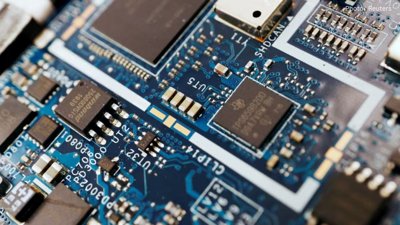
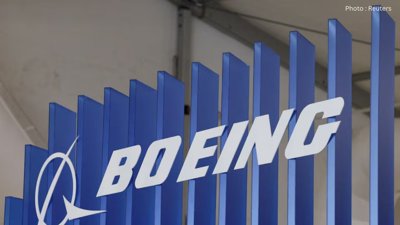

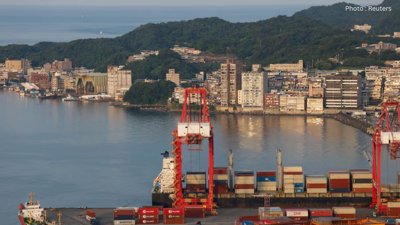
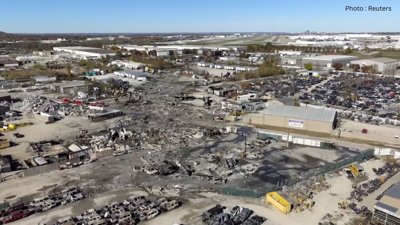


Advances in Aerospace Technology and Commercial Aviation Recovery
Insights into breakthrough aerospace technologies and commercial aviation’s recovery amid 2025 chall

Defense Modernization and Strategic Spending Trends
Explore key trends in global defense modernization and strategic military spending shaping 2025 secu

Tens of Thousands Protest in Serbia on Anniversary of Deadly Roof Collapse
Tens of thousands in Novi Sad mark a year since a deadly station roof collapse that killed 16, prote

Canada PM Carney Apologizes to Trump Over Controversial Reagan Anti-Tariff Ad
Canadian PM Mark Carney apologized to President Trump over an Ontario anti-tariff ad quoting Reagan,

The ad that stirred a hornets nest, and made Canadian PM Carney say sorry to Trump
Canadian PM Mark Carney apologizes to US President Trump after a tariff-related ad causes diplomatic

Bengaluru-Mumbai Superfast Train Approved After 30-Year Wait
Railways approves new superfast train connecting Bengaluru and Mumbai, ending a 30-year demand, easi